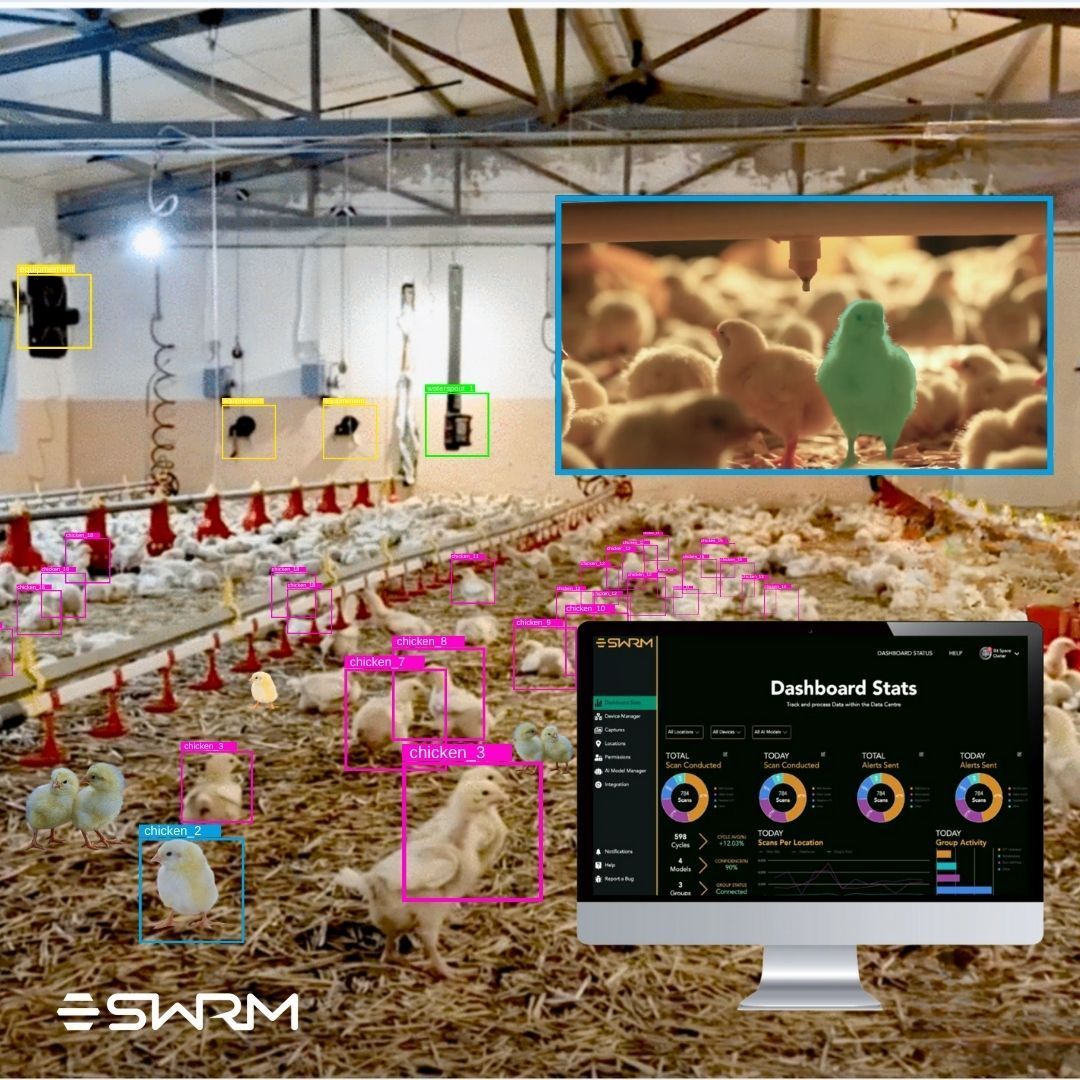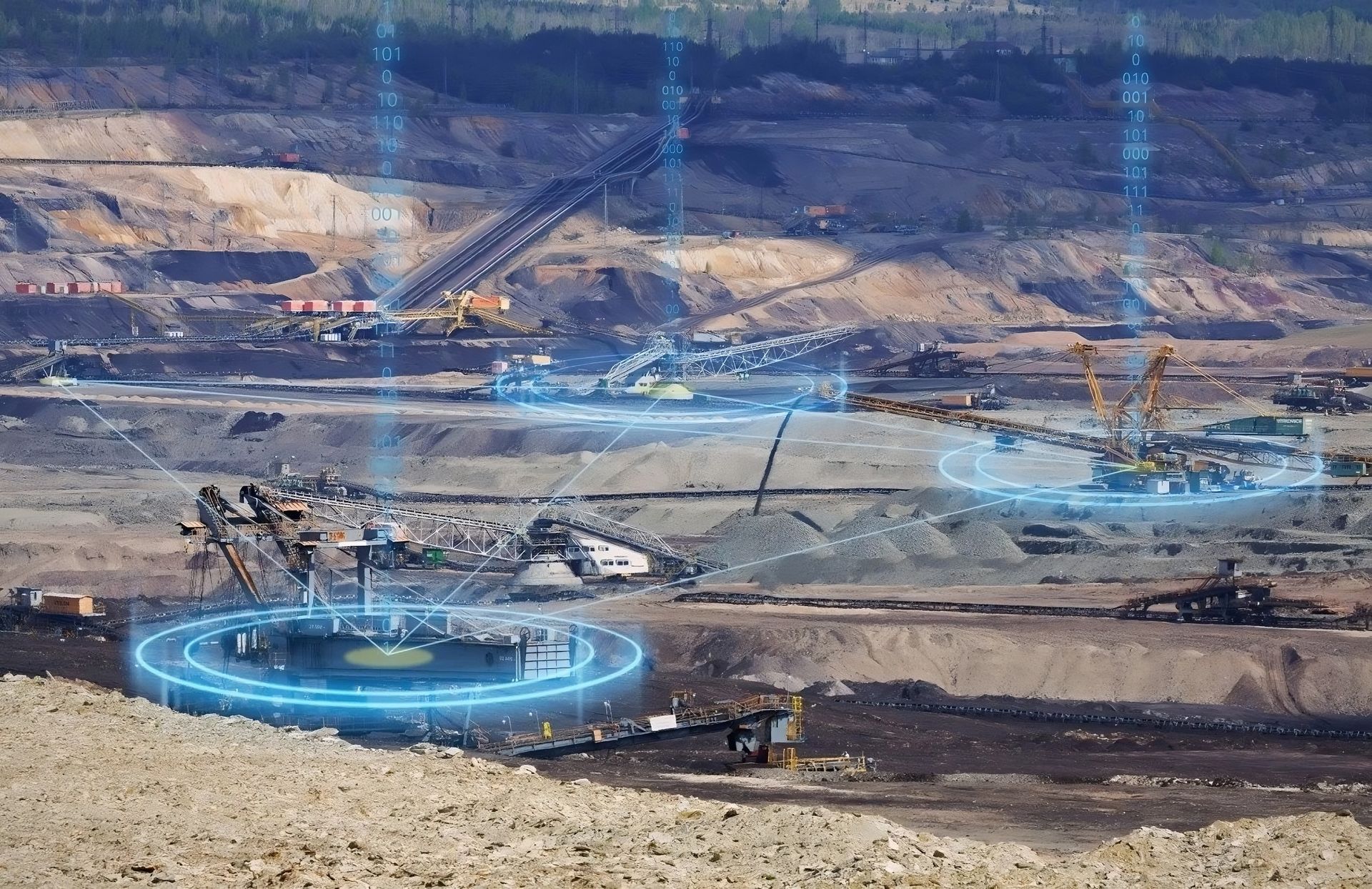5 Key Benefits of Using Virtual Reality in the Construction Industry

Virtual Reality has been making waves in various industries, and the construction industry is no exception.
VR is a game-changing technology that can revolutionize how construction projects are planned, designed, and executed. As a VR development company, BSD has seen firsthand the numerous benefits that VR can bring to the construction industry. In this blog post, we will highlight five key benefits of using virtual reality in the construction industry.
1. Improved Design & Planning
One of the most significant benefits of using VR in the construction industry is the ability to visualize and simulate projects before they are built. VR allows architects, engineers, and project managers to create 3D models of buildings, infrastructure, and other construction projects. These models can be viewed and modified in real-time, allowing stakeholders to collaborate and make informed decisions about the design and planning of the project.
This can help to reduce the risk of errors and ensure that projects are completed on time and within budget.
2. Enhanced Worksite Safety
Construction sites can be dangerous places, with hazards such as falls, electrocution, and heavy machinery accidents. Virtual reality can help to enhance safety on construction sites by allowing workers to train and practice in a virtual environment. This can help to reduce the risk of accidents and injuries by allowing workers to develop the skills and knowledge they need to work safely on the job.
The VR Safety platform is a software that allows users to tour and train on their worksite from the comfort and safety of their own home. The platform is compatible from any computer and is an excellent tool to transform worksite training.
3. Increased Efficiency
Construction projects can be complex and time-consuming, with numerous stakeholders and dependencies. Virtual Reality can help to increase efficiency by allowing stakeholders to collaborate and communicate more effectively.
VR can also help to streamline the construction process by allowing workers to visualize and simulate tasks, identify potential problems, and make informed decisions. This can help to reduce the time and resources needed to complete a project.
4. Improved Communication
Communication is critical in the construction industry, where miscommunication or misunderstandings can lead to costly errors and delays. Virtual reality can help to improve communication by providing a shared platform for stakeholders to collaborate and exchange information. With VR, stakeholders can visualize and discuss design ideas, identify potential problems, and develop solutions together.
5. Enhanced Customer Experience
Virtual Reality can also help to enhance the customer experience in the construction industry. With VR, customers can visualize and experience their project before it is built, providing them with a better understanding of the final product. This can help to increase customer satisfaction and reduce the risk of disputes or misunderstandings.
In conclusion, VR is a game-changing technology that can bring numerous benefits to the construction industry. From improved design and planning to enhanced safety and customer experience, VR has the potential to revolutionize how construction projects are planned, designed, and executed.
BSD is excited to be a part of how VR will continue to transform the construction industry in the years to come.
Schedule your free consultation to see how your construction company can leverage VR!
Click to share this article
Transform your business with immersive technologies
Schedule a consultation to see how BSD can help your organization unlock new avenues of engagement.
CONTACT US
Global Headquarters
1555 Dublin Avenue, R3E 3M8
Winnipeg, MB, Canada
PUBLIC RELATIONS
DIVISIONS
GENERAL
IN THE SPIRIT OF RECONCILIATION
We would like to acknowledge that the land on which we gather is Treaty One Territory, the home and traditional lands of the Anishinaabe (Ojibwe), Ininew (Cree), and Dakota peoples, and in the National Homeland of the Red River Métis. Our drinking water comes from Shoal Lake 40 First Nation.
Join 10,000+ people who get XR tips, insights, and company updates monthly.
Contact Us
We will get back to you as soon as possible.
Please try again later.
Privacy Policy Accessibility Sitemap Support
Bit Space Development Ltd.





